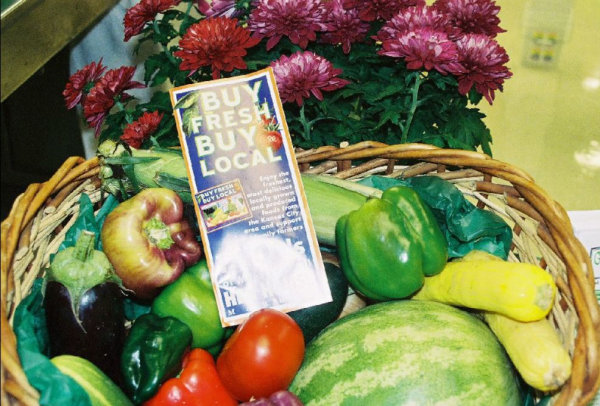Arizona Agriculture's GROUP GAP: A Collective Approach to Food Safety
Published
12/2/2014
By Stewart Jacobson, Food Safety Projects Coordinator Agricultural Consultation and Training for Arizona Department of Agriculture: A relatively new voluntary auditing program has emerged from USDA’s Agricultural Marketing Service (AMS) called GROUP GAP. This is a collective effort of growers and farmers in a locale to reinforce their food safety commitments and brand their products for marketing. GHP/GAP (Good Handling Practices/Good Agricultural Practices) is a voluntary USDA/AMS audit verification program. GHP refers to those procedures used in post-harvest production while GAP refers to the growing of fresh fruits,
There are currently 5 pilot projects in the U.S. with Arizona being the newest. One group in Missouri, Good Natured Family Farms, is the leader of the pack with 150 growers in their group. They have developed a workable program to include farms within 200 miles and Amish farmers who still use horse-drawn farming implements and do not have electricity or computers.

Good Natured Family Farms has 150 GAP certified family farmers in the Kansas City area. Their website video gives a great overview of their successful efforts in their local communities.
Strength in Numbers in Arizona Agriculture
Here in
The group will develop a Quality Management System (QMS) and their standard operating procedures (SOP) to detail the operations, protocols, and standards of the group. The QMS will include how the group will sanction a non-compliant member; the name and logo of the group; the records, protocols, and methods of the group; and the function of the Internal Auditor.
The Internal Auditor will visit each grower annually and assure that the individual farms’ GHP/GAP programs are being followed. “Internal” means that the auditor is part of the group as compared to the External Auditor who is AMS or ADA. AMS will train the Internal Auditor to examine and evaluate each program based on observations,
As with the GHP/GAP program for individual farms, ADA will continue the Cost Share Program of reimbursing successful audits for 75% of the total cost of the audit as long as there are funds available from USDA.
Sound interesting? It does to me on several levels. Food safety is paramount in growing and marketing your products. Group GAP instills on-farm food safety protocols that are held to national and group standards. Growers are able to market produce locally under their brand name and logo for consumer recognition. Working within a group, a grower has support from the group for problems or situations encountered.
If this sounds interesting to you, or you are involved with a group of growers or farmers who are debating about food safety certification you can contact me for more information.
Editor’s Note: Stewart Jacobson is a part-time employee of the Arizona Department of Agriculture’s Agricultural Consultation and Training Division. He retired from the Meat and Poultry Inspection program after 33 years and now is a consultant with the ACT program assisting growers in developing a food safety program for the GHP/GAP program. He can be reached at 602-542-0950 or by email at sjacobson@azda.gov.